
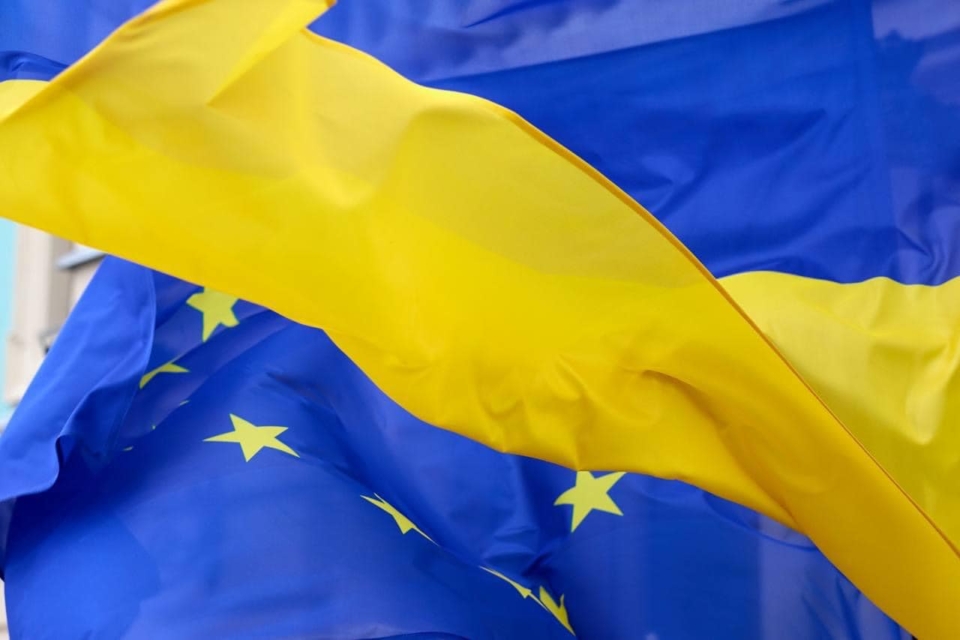
WHEN WILL UKRAINE BECOME A MEMBER OF THE EUROPEAN UNION?
The answer to the main question of the European integration of Ukraine. In 2014, the then President of the European Commission, Jose Manuel Barroso, stated that the Association Agreement is the beginning of Ukraine’s accession to the EU.
The terms of accession to the European Union of each specific state are determined by an agreement between the EU member states and the candidate state. Admission consists of several general steps that a candidate country must go through. Ukraine is no exception.
Today, Ukraine is at the first stage, but its implementation is about 2/3 of all efforts. You can understand how long it will take for Ukraine to join the European Union using the example of other Central and Eastern European countries.
Poland began negotiations on joining the EU in 1990, and applied in 1994. The introduction took place in 2004. Bulgaria also applied in 1994, and became a member of the EU in 2007.
That is, the admission procedure lasts about 15 years on average. Of course, a lot will depend on the extent to which Ukrainians themselves will support the European integration course and demand clear implementation of Ukraine’s European integration plan from the authorities.
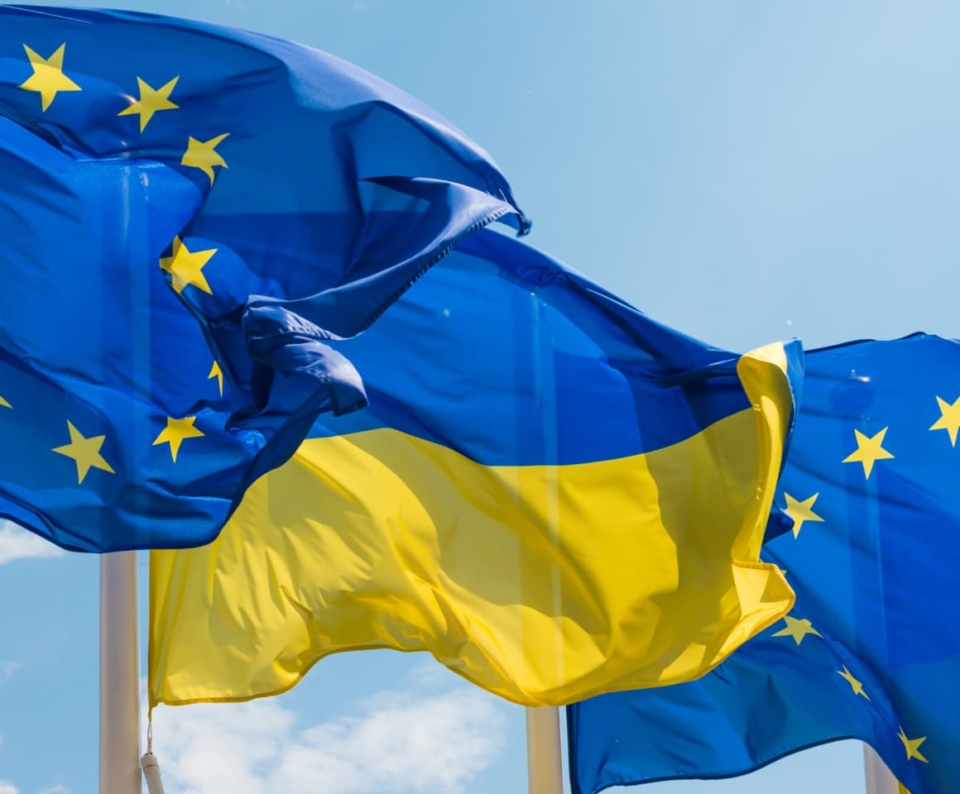
-
FIRST STEP
01to implement the Association Agreement by 2024. When we do this, approximately 70% of the rights of the European Union will apply in Ukraine. Today, the Agreement is 75% completed (2023). So, in general, Ukraine is on schedule.
-
Другий крок
02Відповідати умовам членства в ЄС, так званим «Копенгагенським критеріям”» А саме: забезпечити стабільність демократії в країні, верховенство права, дотримання прав людини і захист прав меншин. Слідувати принципам ринкової економіки, з великою часткою малого бізнесу, мати розвинену інфраструктуру, якісну освіту та науку. Поділяти глобальні цілі ЄС у сфері політики й економіки. ЄС визнає, що Україна відповідає зазначеним критеріям.
-
SECOND STEP
03to meet the conditions of membership in the EU, the so-called "Copenhagen criteria". Namely: to ensure the stability of democracy in the country, the rule of law, respect for human rights and the protection of minority rights. Follow the principles of a market economy, with a large share of small businesses, have a developed infrastructure, quality education and science. To share the global goals of the EU in the sphere of politics and economy.
-
Четвертий крок
04Виконати рекомендації Єврокомісії. Завдяки трансформаціям, здійсненим до повномасштабного вторгнення, а також стійкості та відданості українців європейському шляху, Україна змогла швидко рухатися на шляху інтеграції до ЄС, продовжувати реформи навіть під масованими ракетними обстрілами, відсутності електроенергії тощо. Безпрецедентна політична мобілізацію та єдність забезпечили ухвалення всіх узгоджених рішень у рамках 7 політичних кроків, визначених Європейською Комісією. Йдеться про комплексні реформи від перезавантаження судової системи, запровадження конкурсного відбору суддів КСУ, посилення боротьби з корупцією до реформи медіа сфери та оновлення законодавчої бази захисту прав національних спільнот.

WHAT IS THE Association
Agreement AND WHY IT SIGNING
IS A WIN?
A simple answer to the question of what advantages the association with the European Union gives Ukrainians and why we have a free trade zone with the EU.
The Association Agreement between Ukraine and the European Union entered into force on September 1, 2017. It opened a new page in the relations between Ukraine and the European Union – we have moved from simple cooperation to procedures that allow Ukraine to fully integrate into the EU.
The signing of the Agreement has already brought tangible benefits to Ukrainians. This is the liberalization of the visa regime with the countries of the European Union (the same visa-free) and the simplification of trade between Ukraine and the EU, which consists in the fact that Ukrainian manufacturers have opened preferential access to one of the largest markets in the world. Thanks to the Agreement on the Deep and Comprehensive Free Trade Zone between Ukraine and the EU (FTA), which is part of the Association Agreement, Ukrainian entrepreneurs were able to significantly increase the volume of their trade with the EU.
Today, the European Union is our main trading partner. High-quality European goods became more accessible to Ukrainians, and our producers, in turn, got the opportunity to export their products to the EU on preferential terms.
The need to meet European standards at the same time increases the quality of Ukrainian products for the domestic market as well. Today, Ukraine is one of the leaders in the export of agricultural products to the EU. Our manufacturers will get even more benefits when the agreement on the so-called “industrial visa-free” comes into effect, and we will be able to supply our industrial products to the European Union under the same conditions that apply within the EU. The government of Ukraine is already preparing for the signing of such an agreement.
But, as we have already said, the European Union is not only about trade. In the years since the Association Agreement came into effect, comfortable administrative service centers, convenient electronic state services, better medicine, and roads repaired with the involvement of European funds have entered the lives of Ukrainians. This is happening because, within the framework of the Association Agreement, the Ukrainian authorities undertook to carry out reforms that will allow us to finally say goodbye to the remnants of the Soviet past, its bureaucracy, contempt for people, economic and technological backwardness. And they will make Ukraine a modern, developed country with a high standard of living, where freedom and dignity are valued, citizens have equal opportunities, and their rights are protected by law in reality, not on paper.
Usually, these myths are used by pro-Russian political forces, the purpose of which is to reduce public support for European integration and, as a result, to slow Ukraine’s movement towards the European Union. The same forces spoke about the Association Agreement with the EU and the visa-free regime in approximately the same way. Like, it will never happen, and we don’t need it.
But practice proved otherwise. After the entry into force of the Association Agreement, the European Union became the largest trade partner of Ukraine. In 2019 alone, we exported about 20 billion euros worth of goods and services there. Visa-free travel opened up the opportunity for many Ukrainians to see Europe and increased the international weight of the Ukrainian passport.
Not a single country of the European Union has lost its sovereignty and conducts its own policy, coordinated with the general course of the EU.
In 2010, in its resolution, the European Parliament noted that Ukraine is a European state that can apply for EU membership, like any other European country that adheres to the principles of freedom, democracy, respect for human rights and fundamental freedoms, as well as the rule of law. This possibility is defined by Article 49 of the Treaty on the European Union.
In order to meet the criteria necessary for EU membership, we need to do our “homework” – roughly the same as the other countries joining the European Union. For example, Lithuania, Poland or Croatia. In turn, the European Union helps us achieve this goal – including financially – and implement the necessary reforms.


The question of the UK’s withdrawal from the European Union was voted on in a British referendum in 2016, and the supporters of leaving the EU won by a narrow margin. This was already the second referendum on the UK’s membership in the EU. The first one was held in 1975, two years after accession, and then 2/3 of the country voted in favor of EU membership.
In 2016, in the second EU referendum, 52% of the UK citizens voted to leave, while 48% voted to remain in the EU.
The case of the UK is an example of how the European Union is based on democracy, and if citizens of any country believe that they will be better off living separately, they have the right to do so. Brexit has not affected the stability of the EU in any way – the European Union remains one of the world’s largest economies with high standards of living. None of the countries are seriously considering ending their participation in the EU, as leaving would mean losing privileged access to a large market and the support that comes with EU membership.


-
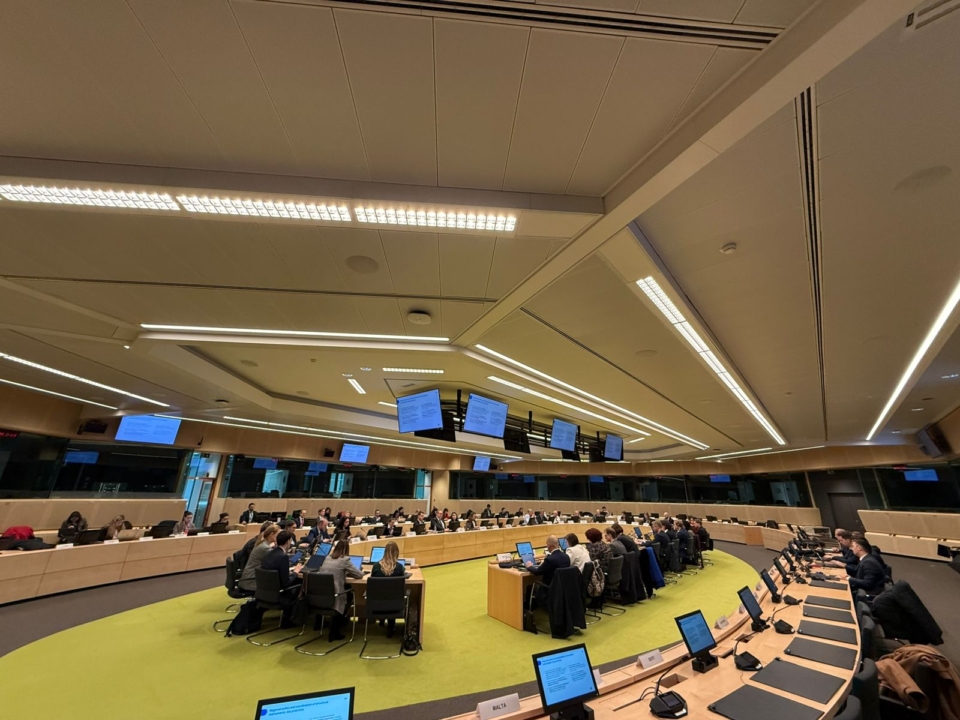
Україна представила державам ЄС прогрес за Кластерами 4 і 5 на засіданні COELA
17.02.2026
-

Адаптація агросектору України до права ЄС: у Вінниці стартувала серія регіональних діалогів із бізнесом та владою
28.01.2026
-
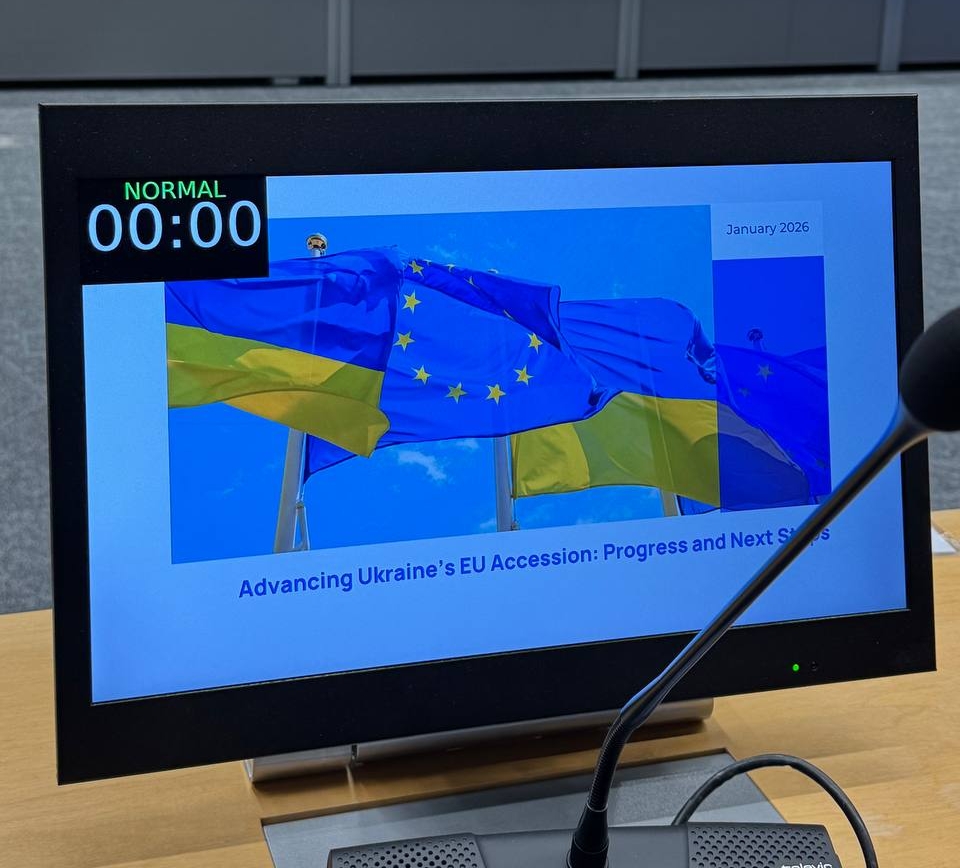
Віцепремʼєр-міністр Тарас Качка представив державам-членам ЄС прогрес України у сфері верховенства права та ключові пріоритети на 2026 рік
23.01.2026
-
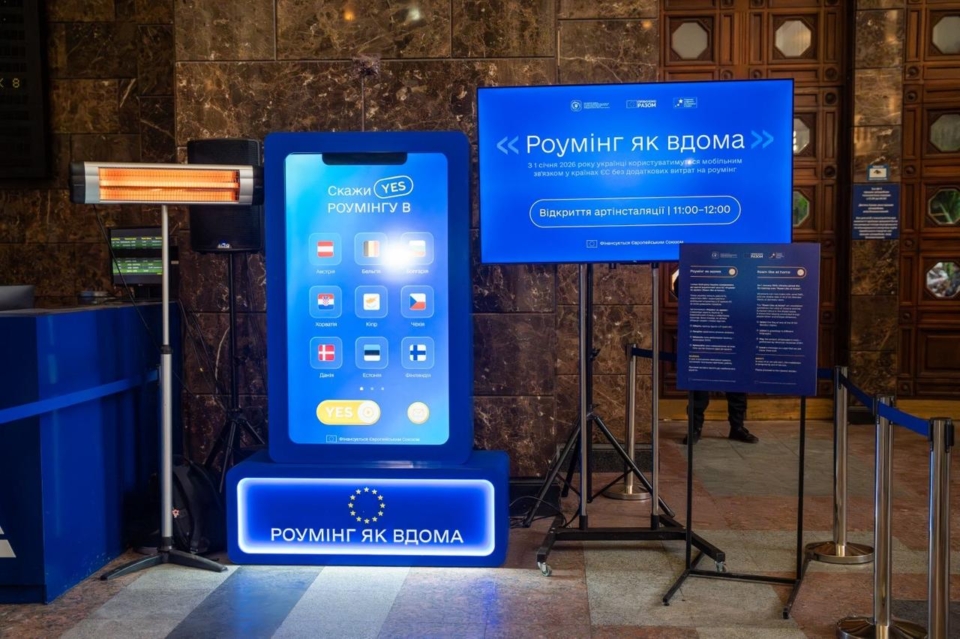
На київському вокзалі відкрили артінсталяцію про приєднання України до єдиної роумінгової зони ЄС «Роумінг як вдома»
12.01.2026






